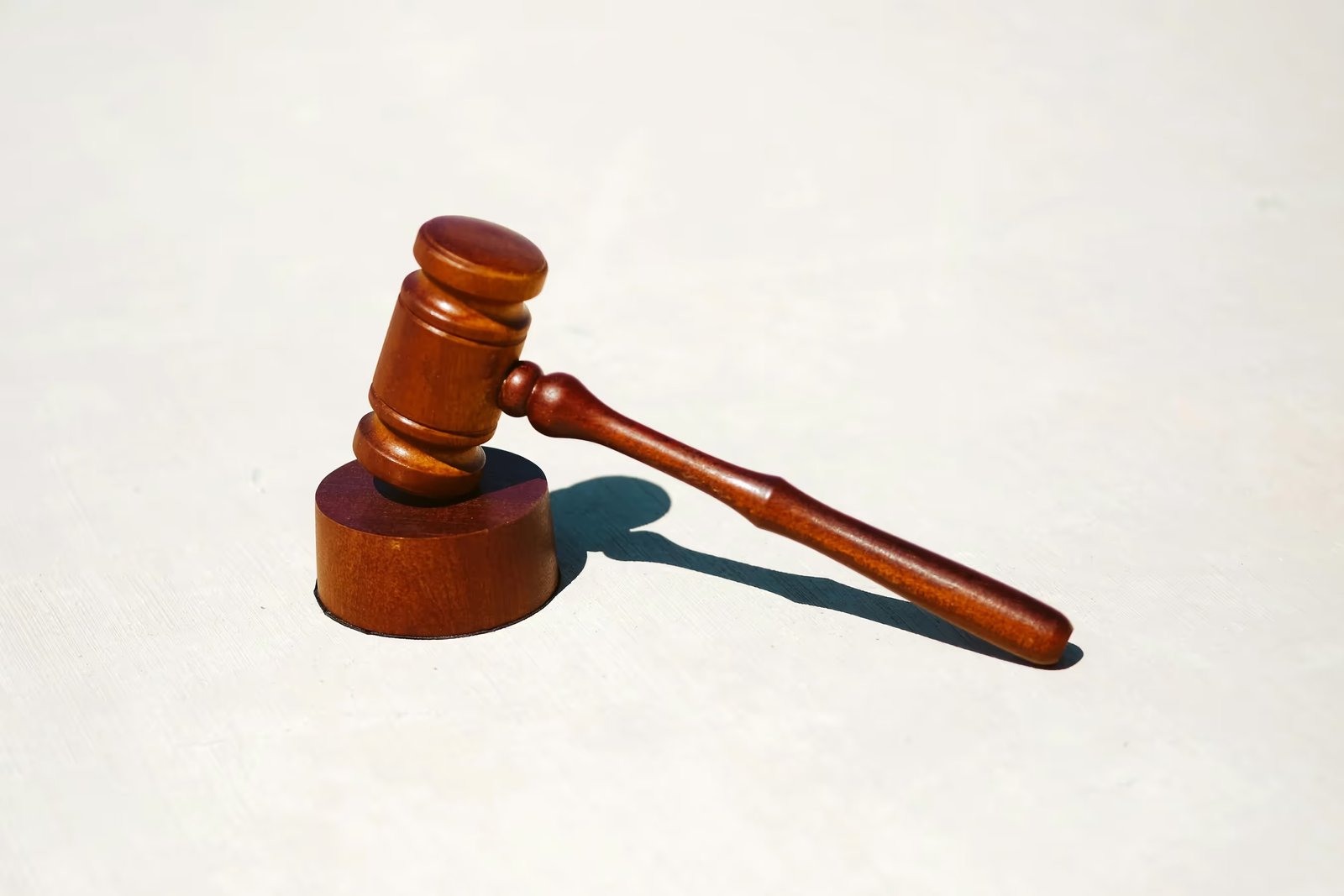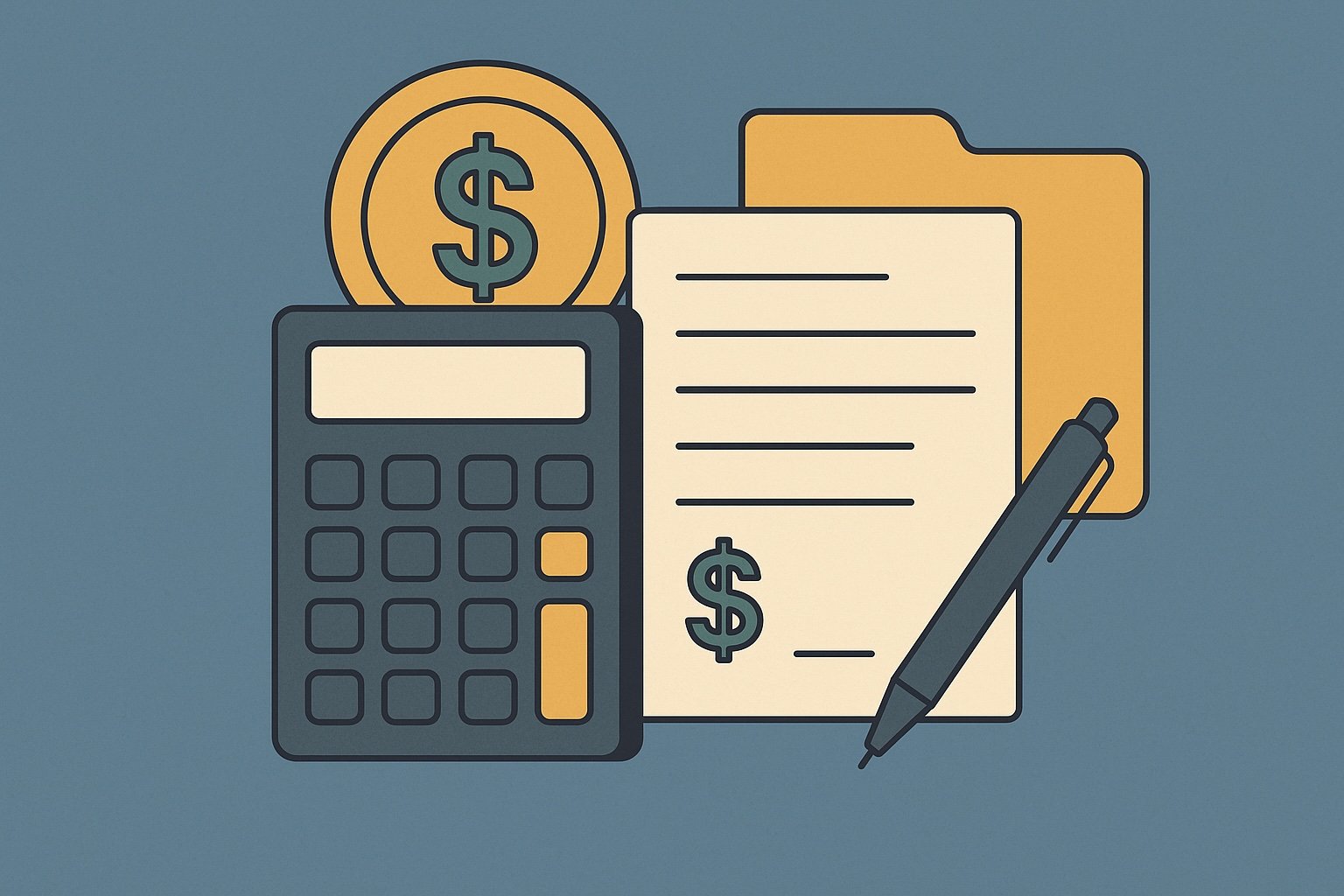Question
ARTE's Answer
When engaging in a 1031 exchange, it's crucial to understand how the exchange funds can be utilized to ensure compliance with IRS regulations and to maximize the tax deferral benefits. At Deferred.com, we offer qualified intermediary services to facilitate these exchanges, and our "No Fee Exchange" can help save investors money. Here's a detailed look at what 1031 exchange funds can be used for, along with an example to illustrate the process.
Permissible Uses of 1031 Exchange Funds:
- Acquisition of Like-Kind Replacement Property: The primary use of 1031 exchange funds is to acquire like-kind replacement property. This is the core purpose of the exchange, allowing you to defer capital gains taxes by reinvesting the proceeds from the sale of your relinquished property into a new property of equal or greater value.
- Payment of Exchange-Related Expenses: Certain transactional expenses related to the exchange can be paid from the exchange funds without disqualifying the exchange. These include:
- Real estate commissions
- Title company fees
- Recording or transfer taxes
- Qualified intermediary fees (like those we offer at Deferred.com)
- Escrow closing costs
- Transactional Expenses: Other expenses that are typically part of the closing process, such as land surveys, appraisals, and title examinations, can also be paid from exchange funds. These are considered transactional expenses and are generally permissible.
Non-Permissible Uses of 1031 Exchange Funds:
- Personal Use or Benefit: Exchange funds cannot be used for personal expenses or to provide any direct or indirect benefit to the taxpayer during the exchange period. Doing so would result in constructive receipt of the funds, disqualifying the exchange.
- Non-Exchange Related Expenses: Expenses not directly related to the exchange, such as loan-related fees (e.g., points, mortgage insurance fees), are not permissible uses of exchange funds. These costs are typically considered financing expenses and must be handled separately.
- Operating Costs: Costs such as real estate taxes, rent, and other prorations are considered operating costs and cannot be paid with exchange funds. These are not part of the exchange transaction and must be settled outside of the exchange process.
Example of a 1031 Exchange Using Deferred.com:
Let's say you own a rental property valued at $500,000, which you decide to sell. You engage Deferred.com as your qualified intermediary to facilitate the exchange. You identify a replacement property worth $600,000 within the 45-day identification period and plan to close on it within the 180-day exchange period.
During the sale of your relinquished property, you incur $30,000 in real estate commissions and $5,000 in title company fees. These expenses, totaling $35,000, can be paid from the exchange funds without generating taxable boot, as they are considered exchange-related expenses.
Deferred.com holds the remaining $465,000 in exchange funds. You then use these funds, along with an additional $135,000 from a new mortgage, to purchase the $600,000 replacement property. By reinvesting all the exchange funds and maintaining or increasing your level of debt, you achieve a full deferral of capital gains taxes.
By using Deferred.com as your qualified intermediary, you ensure that the exchange is structured correctly, and our "No Fee Exchange" helps you save on costs, maximizing the benefits of your 1031 exchange.
Have more questions? Call us at 866-442-1031 or send an email to support@deferred.com to talk with an exchange officer at Deferred.
Sources
1031 Question? Ask ARTE
Deferred's AI 1031 Research Assistant is trained on 8,000+ pages of US tax law and outperforms human CPAs by 22%+
CHAT NOW
Learn More
See more frequently asked questions about 1031 exchanges








